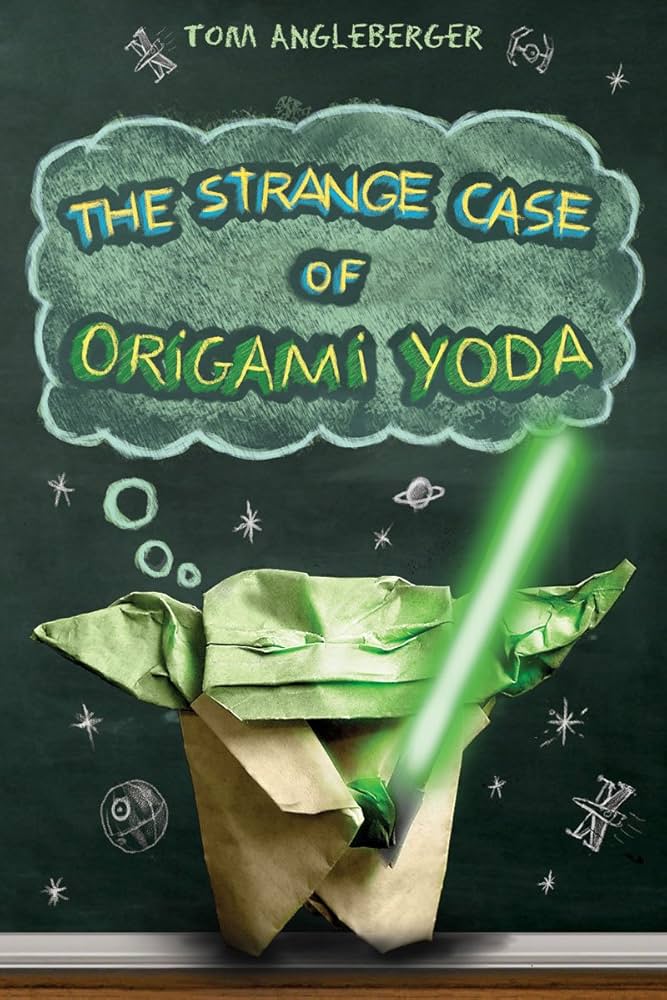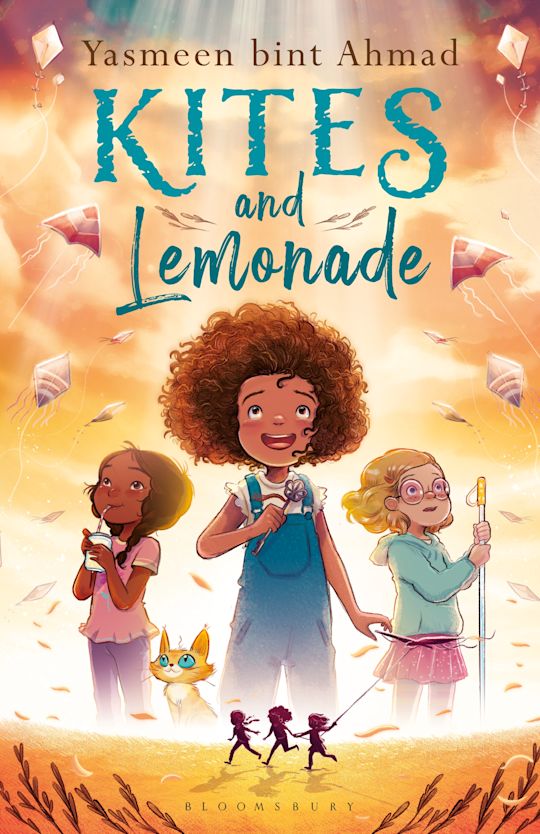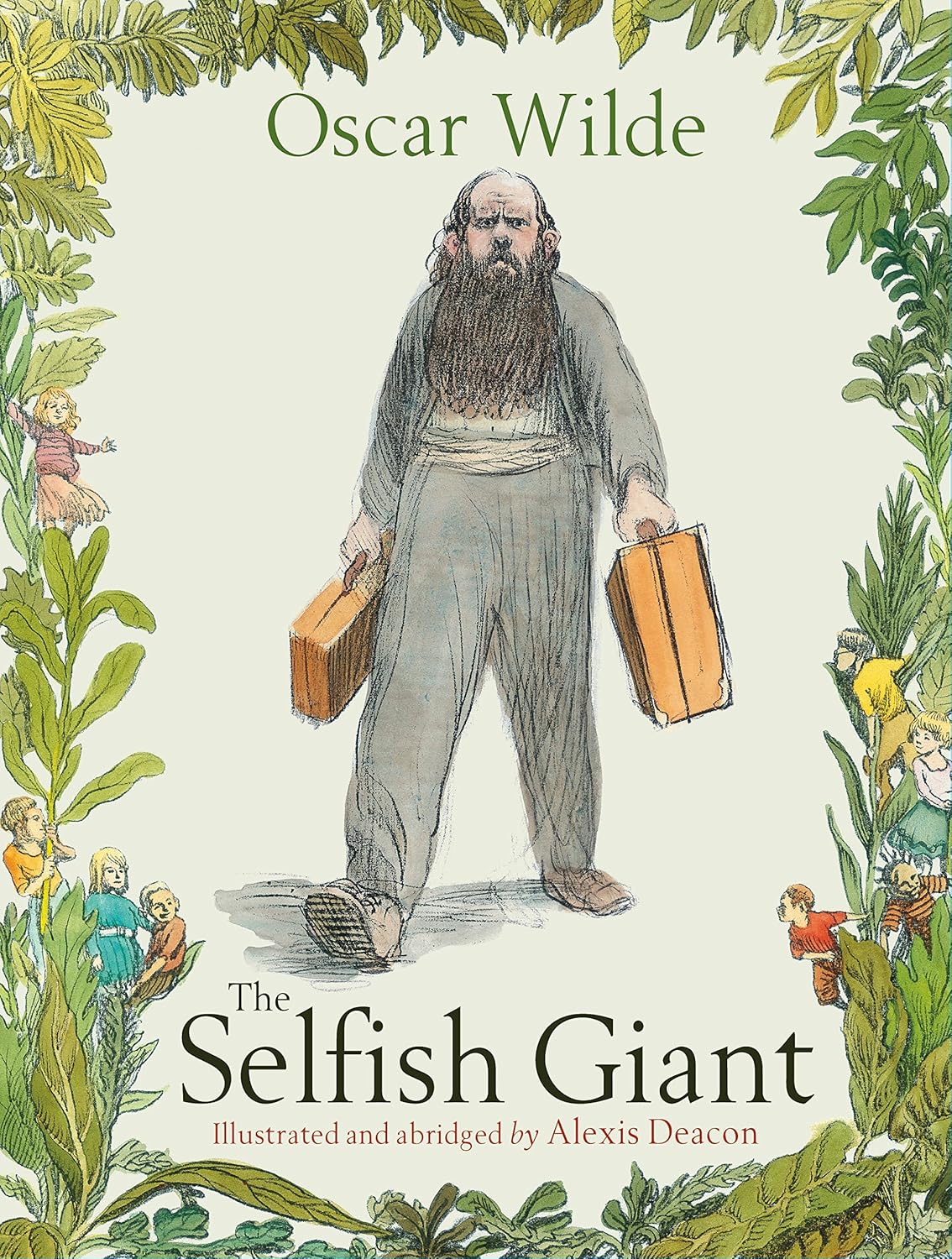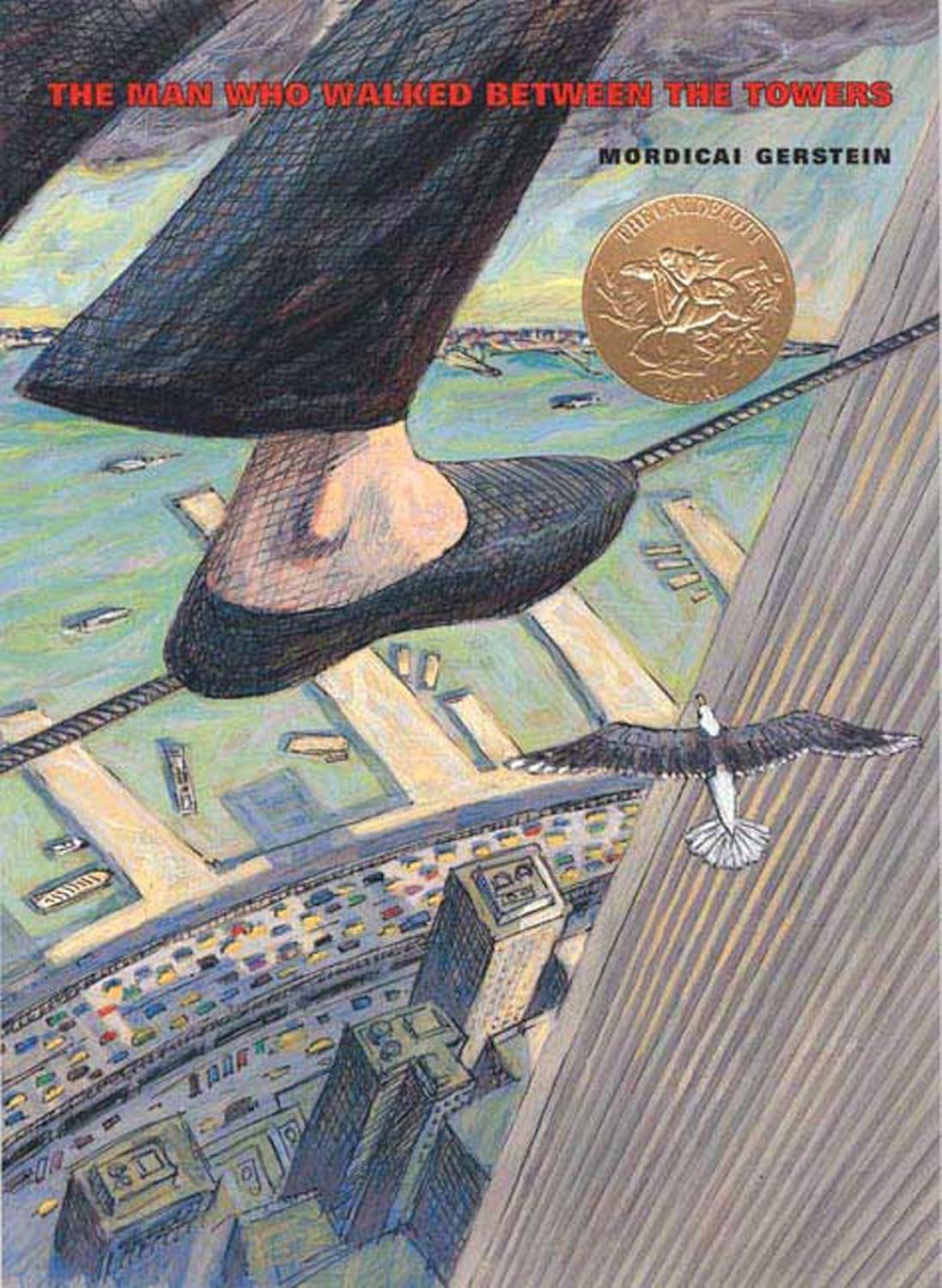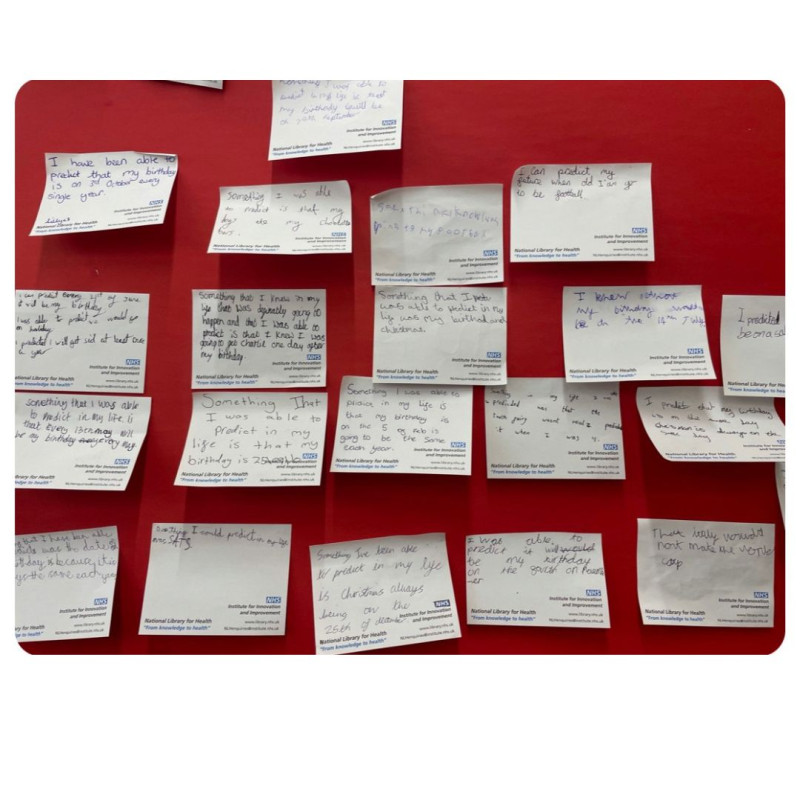A Writing Root for
The Strange Case of Origami Yoda
By Tom Angleberger
£5.00 Incl. VAT
Main Outcome:
Discussion text
Length:
15 sessions , 3 weeks
Work Samples:
View work samplesLinked Resources:
View resourcesAdditional Outcomes:
Instructions, persuasion, recount (diary entry)
Overview and Outcomes:
This is a three-week Writing Root for The Strange Case of Origami Yoda by Tom Angleberger which begins when the class receives an envelope through the post containing only an Origami Yoda model and a message that simply reads: “The future, how much we can predict?” The children will go on to make predictions about what or who they think the origami creature is, before revealing its origins. They will discuss in more length events that they have been able to predict in their own lives, as well as the things they have had no control over and have been surprised by. There will be an opportunity to explore the history and meaning of origami and as a simple written outcome, children will write a short set of instructions for How to Make an Origami Yoda. Subsequently they write a discussion text to answer the question of whether we can predict the future, using the case notes from the book as evidence. As the text progresses, children will also explore the form of diary writing, write their own diary-entries from the point of view of Dwight, whose story is less-explored in the book. The final extended outcome will culminate in a longer discussion text, using the initial question posed by Yoda, which will be written up as a case for Tommy and put in a book to present to him to draw a final conclusion. There will be opportunities for embedded grammar work throughout.
Synopsis of Text:
Tommy and his classmates narrate this middle grade mystery, each recounting an episode in which they received wise advice from a finger puppet of Yoda, perpetually worn on the finger of their classmate, Dwight, a loser who can't get anything right. Is this puppet really Yoda? Or is Dwight a bit more together than he seems?
Text rationale:
The presentation of this novella (including speech bubbles, hand-written notes, doodles and child-friendly language) will engage reluctant readers and appeal to those with a preference for first-person diary style narratives. Links can be made with the PSHE curriculum as friendships and relationships are explored and there is also the chance to consider the same events from different perspectives, increasing children’s appreciation for the experiences of others. The book is part of a series so children can choose to continue their journey beyond their studies of this text.
Links and themes:
Future, friendships, relationships, experiences of others, perspectives
Date written: July 2012
Resource written by:
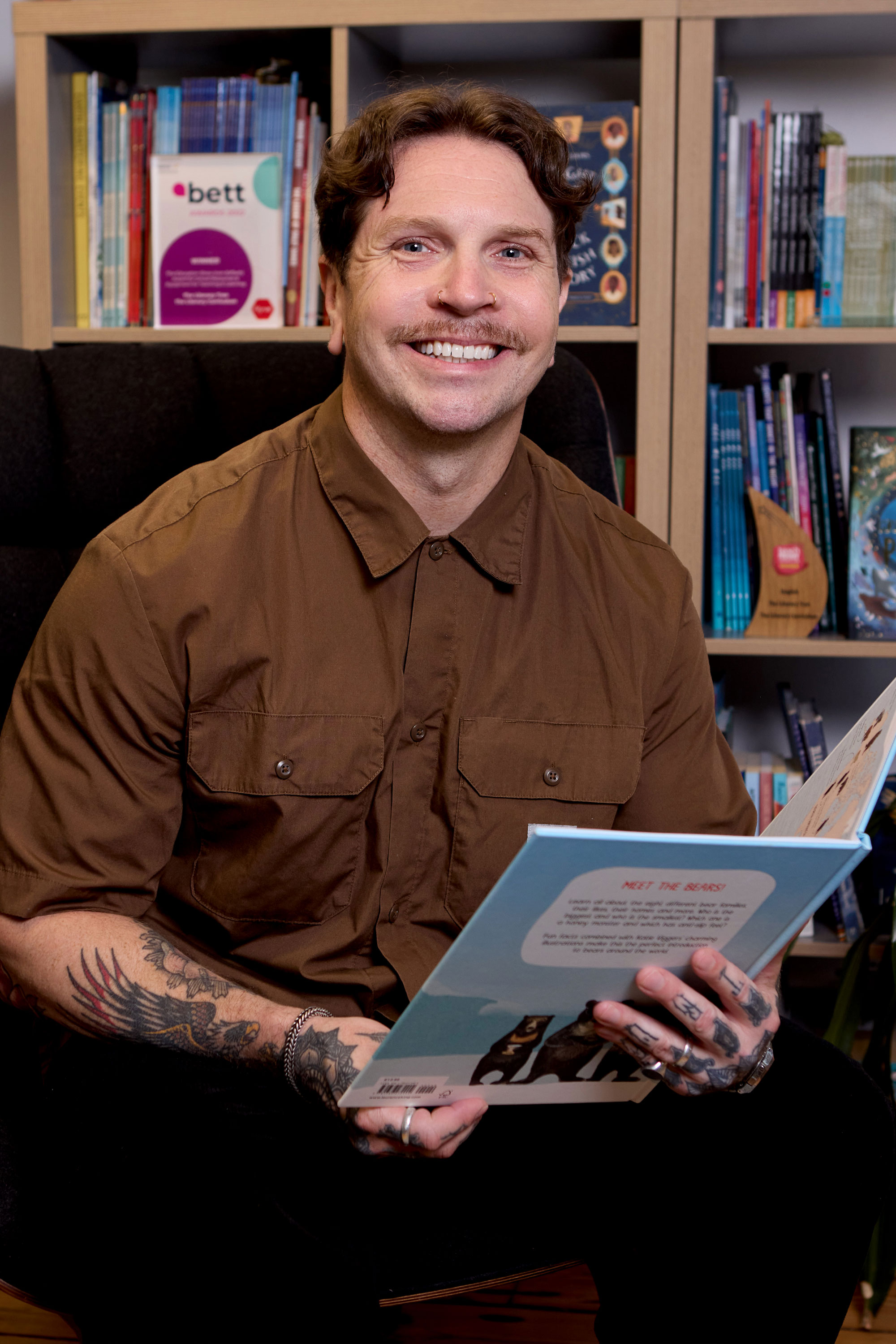
Anthony Legon
Co-CEO & Co-Founder

